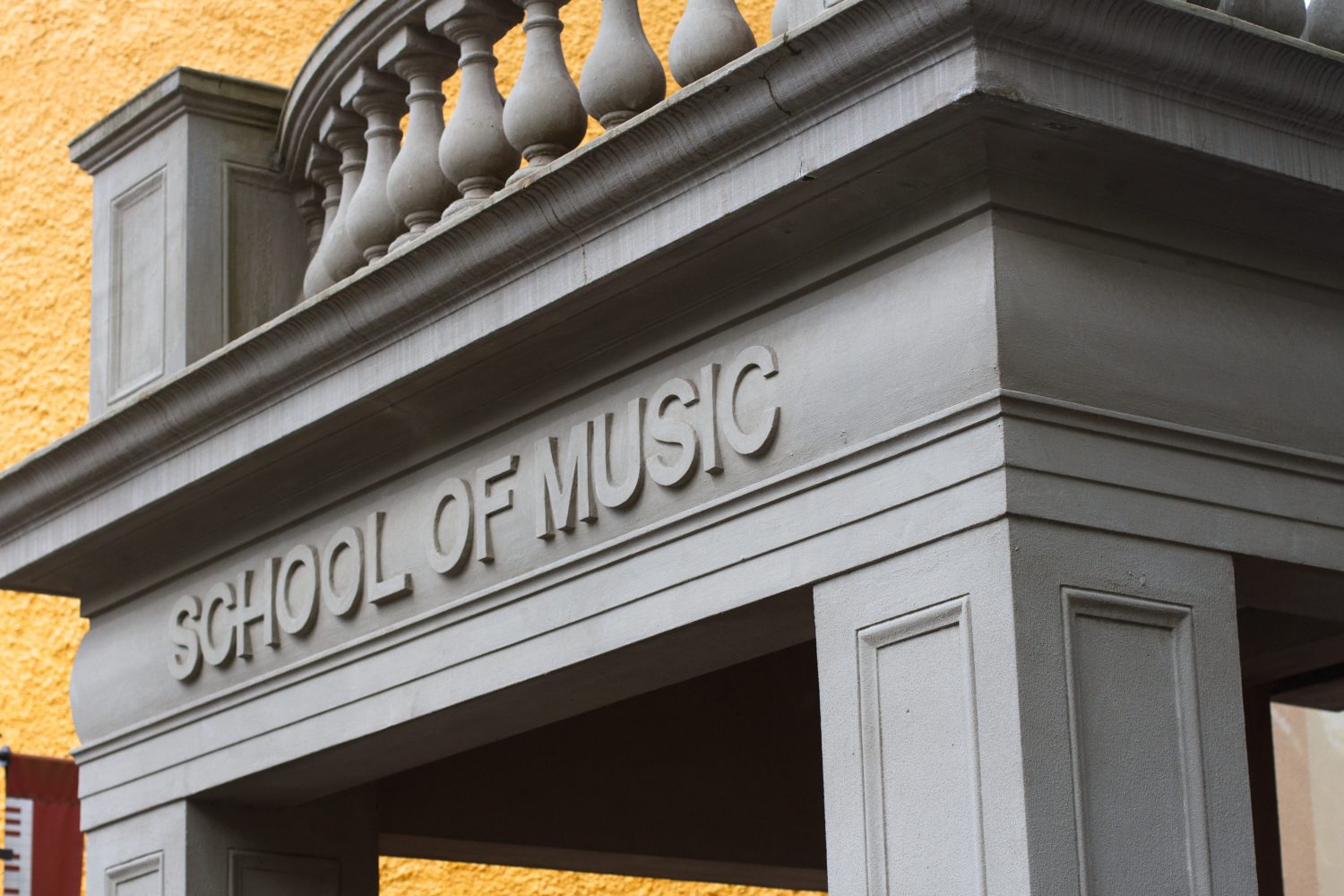Starting Out: Getting Work

Q: I recently saw a video that talked about going to music school. After watching it I got the impression that maybe school wasn’t such a good idea. At the same time it seemed like the only way to get work as a musician, was to go to school and use that school’s alumni network to get gigs. So now I don’t know what to do. What suggestions would you have for someone starting out who didn’t go to school and doesn’t have an alumni network? – Julia
A: Hello Julia, and thanks for your question! As someone who went to school, and has also lived in several different parts of the country, I would tell you not to worry about any alumni networks. They haven’t helped me or many people I know.
While such networks may be a valuable resource for some people in some markets, I’ve only ever acquired a single job prospect based on the school I went to, and that was a part-time teaching job, not a playing gig. Furthermore, all it got me was the interview (not the job), and it wasn’t through any alumni network, it was through someone I knew personally when in school.
Even so, getting a foot in the door in a new market (i.e. city or region) can be difficult. I’ve moved 6 times and had to start out anew each time. Below are a few ideas that helped me get work, and might help you.
Be broad musically
- The more styles of music you can play the better.
- If you can play upright and electric, that helps
- If you can use a bow well on an upright, that’s even better. Qualified players for those jobs are fewer.
- Become proficient as a reader, an ear player and be willing to perform a variety of styles.
Find live music, and then find out who does the hiring
- Experience live music, and then talk to the players.
- Sit in, if it’s appropriate
- Get the contact info of those people who are doing any hiring
- Connect with the local bassists. They sometimes need a sub.
- Even if you live in a “right to work” state, consider joining the local chapter of the American Federation of Musicians. Some people are very pro-union, and some very anti-union. I don’t want to get into that. Here, I speak here from a practical point of view. Every local chapter has a membership directory. You can get a copy of that and use it to contact the local contractors. Also, if you can play classical bass, any union orchestra in your area will advertise their openings in the monthly AFM paper.
- When you contact a contractor, be sure to have a solid 1 page resume, and, if possible, an introduction from a local musician.
- While it could change, Craigslist is still a decent way to find out about potential openings as well.
Always say “yes”
- When you do finally get a call, saying “no” can be disastrous. It can throw you to the bottom of the call list. If you have never worked for that contractor before, it’s probable you won’t hear from them ever again.
Always be reliable and courteous on the gig
- In addition to excellent musicians, most contractors want a hassle-free experience for them. Show up early, prepared musically and with everything you need, and say thank you for the opportunity, especially if you are starting out.
- Consider taking a lesson with some local working bassists.
- You might learn something, of course, but also use it as an opportunity to let local players know you are in town and let them become familiar with your playing. Think of it as a series of mini-auditions, as well as a chance to learn something new.
Be patient, but be proactive
- It can take some time to get set up so that gigging can pay your bills, but the more you are seen and heard, the more people will know your work. They more people know your work, providing you do it to their liking, the more apt you are to be hired.
- If it’s not moving fast enough for your, branch out into additional styles. Even ones you wouldn’t normally be attracted too. Also, consider being your own contractor. Gather the information of local musicians and start booking your own gigs.
I used these methods to get work at various point in my life. I hope they help you as well. Maybe we will see some new ideas in the comments below as well!
Keep in touch and good luck.
Dr. Donovan Stokes is on the faculty of Shenandoah University-Conservatory. Visit him online at www.donovanstokes.com and check out the Bass Coalition at www.basscoalition.com.



